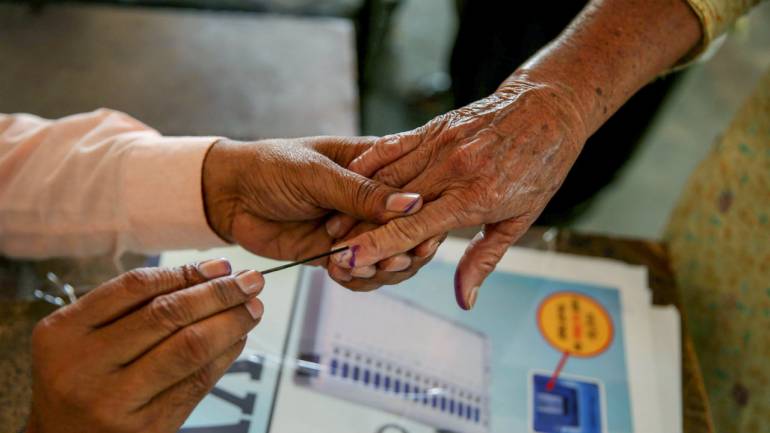Electoral bonds have given detractors a great tool to sharpen their campaign against the Union government, which has been accused of keeping the form and trappings of democracy, but killing the spirit of democratic institutions.
K Raveendran
The Narendra Modi government has allowed itself to be damned for its electoral bond scheme. The much-fancied scheme has ended up doing whatever it was meant to prevent. Details of the murky manner in which the government evolved and implemented the scheme show why it is so.
Electoral bonds were supposed to check the use of black money in funding elections and it was argued that without institutionalised funding, corporate and other interested parties would pay political parties with questionable cash, often by round-tripping and siphoning off money from their businesses.
In practice, however, the scheme has opened the floodgates to unlimited corporate donations and anonymous financing. Instead of making election funding transparent, the bonds have put a veil of secrecy over donations, at the same time enabling the government to know who has paid whom. This makes the scheme a perfect quid pro quo mechanism for vested interests to please the ruling establishment and expect favourable government disposition in return. No one else has any means of knowing.
Further, exemption from disclosures under the electoral laws has eliminated accountability, which takes the issue beyond the reach of even the Election Commission of India (ECI). Also, the restrictions on the basis of donor companies’ profitability have been removed, making it possible for underhand dealers to even float outfits to route funding to their preferred parties.
The biggest worry is that the bonds do not carry the name of the buyer or the payee. Similarly, the recipient party does not have to disclose the source from which the bonds have been received. This in effect hides the original buyer, offering massive scope for black and non-traceable money to enter the ‘supply’ chain. The bonds have neither smell nor colour.
It was precisely for this reason that the Reserve Bank of India had opposed the scheme as proposed by the government. The RBI’s fears about the potential misuse of electoral bonds have now come out in the open. But the apex court’s objections were overruled by the government. Details of how the ECI also objected to the lack of transparency have emerged, with a sticking point that the government withheld the information from Parliament.
The central government has apparently been guided by ‘after me the deluge’ approach in pushing ahead with the blatantly arbitrary provisions. The scheme is overwhelmingly in favour of the ruling parties and puts the opposition parties to great disadvantage, as is evident from the results so far.
Media reports quoting the BJP’s audit and income tax reports submitted to the ECI claim that 95 per cent of all political donations using electoral bonds have gone in favour of the ruling party in the first tranche in 2018. The numbers for 2019 have not been submitted by the parties, but the bond sales peaked during the Lok Sabha elections in May and the ruling party is believed to have lionised these.
A total of Rs 4,444.32 crores worth electoral bonds were purchased during the pre-poll phases, which means that close to 73 per cent of the bonds by value were sold in just these three phases. Similarly, bond sales in regional capitals have gone in favour of the ruling parties there.
The Association of Democratic Reforms has taken the issue of ‘anti-democratic’ electoral bonds to the Supreme Court with compulsive arguments in favour of greater transparency and the need to block black money from entering election funding.
The electoral bonds have given detractors a great tool to sharpen their campaign against the Centre, which has been accused of keeping the form and trappings of democracy, but killing the spirit of democratic institutions; and all this in the name of national security and patriotism.
It is the biggest irony that a scheme that was thought of as the best option for transparency has become an instrument of opacity. It is a fiasco as big as, if not bigger than, demonetisation, which was meant to flush out all black money from the economy, but instead provided a convenient channel to legitimise ill-gotten wealth. Just as demonetisation has since lost of sheen, electoral bonds in its present form does not seem to be destined to endure.
K Raveendran is a senior journalist. Views are personal.


